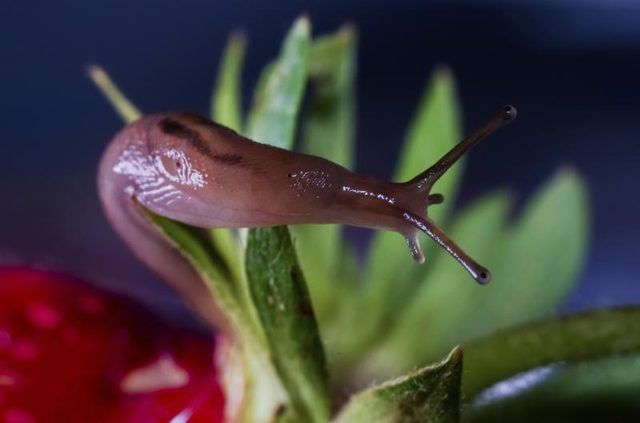Bulbs
Flower Basics
Flower Beds & Specialty Gardens
Flower Garden
Garden Furniture
Garden Gnomes
Garden Seeds
Garden Sheds
Garden Statues
Garden Tools & Supplies
Gardening Basics
Green & Organic
Groundcovers & Vines
Growing Annuals
Growing Basil
Growing Beans
Growing Berries
Growing Blueberries
Growing Cactus
Growing Corn
Growing Cotton
Growing Edibles
Growing Flowers
Growing Garlic
Growing Grapes
Growing Grass
Growing Herbs
Growing Jasmine
Growing Mint
Growing Mushrooms
Orchids
Growing Peanuts
Growing Perennials
Growing Plants
Growing Rosemary
Growing Roses
Growing Strawberries
Growing Sunflowers
Growing Thyme
Growing Tomatoes
Growing Tulips
Growing Vegetables
Herb Basics
Herb Garden
Indoor Growing
Landscaping Basics
Landscaping Patios
Landscaping Plants
Landscaping Shrubs
Landscaping Trees
Landscaping Walks & Pathways
Lawn Basics
Lawn Maintenance
Lawn Mowers
Lawn Ornaments
Lawn Planting
Lawn Tools
Outdoor Growing
Overall Landscape Planning
Pests, Weeds & Problems
Plant Basics
Rock Garden
Rose Garden
Shrubs
Soil
Specialty Gardens
Trees
Vegetable Garden
Yard Maintenance
How to Get Rid of Snails and Slugs Naturally
How to Get Rid of Snails and Slugs Naturally. To get rid of those pesky snails and slugs in your garden without the use of chemical treatments, start by removing the pests by hand, searching them out in the evening. Doing that chore daily at first, and then weekly as the population dies down, will reduce the numbers. Because a multifaceted approach...

To get rid of those pesky snails and slugs in your garden without the use of chemical treatments, start by removing the pests by hand, searching them out in the evening. Doing that chore daily at first, and then weekly as the population dies down, will reduce the numbers. Because a multifaceted approach is usually best, also try cleaning the area, adding barriers around your plants and setting out natural traps.
Prevent Excess Moisture
Snails and slugs like damp or moist environments, and often hide in the damp areas under boards, plant debris and mulch. Thus, one way to keep the area free from excess moisture is to install a drip irrigation or underground irrigation system instead of doing overhead watering. In general, good air flow will keep the moisture down, so also keep your plants pruned to encourage good air flow.
Remove Hiding Spots
Also, look through your garden and remove any boards, thick mulch or debris where slugs and snails can hide. If you have wood or other surfaces you can't remove -- such as nearby deck boards, for example -- check them regularly for slugs. You can also set out a moist board as a "trap" for the pests, making sure to check under the board every day to remove any slugs or snails you find.
Kill Slugs Naturally
Slugs and snails also love yeast, so another way to trap them is to set out a container of a yeast-containing substance. Use beer or a solution of 1 teaspoon of yeast to 3 ounces of water, suggests the University of Minnesota Extension website. Cut several old yogurt container or other plastic containers to about 1 inch high and dig shallow holes in your garden. Set the containers into the holes, flush with the soil line. Fill the container with the yeast-containing liquid and check the traps for slugs in the morning.
Also try creating a garlic-based spray as a natural pesticide that works on slugs, suggests the World Agroforestry Centre. Fill a spray bottle with 10 liters of water and three finely chopped garlic bulbs, and then spray your plants every three days with the solution. You can also try setting a jar of oat bran on its side near the garden. When slugs eat the oat bran, it expands in their bodies and kills them, explain master gardeners Frank and Linda Saus of Penn State Extension-Beaver County.
Create a Barrier
Another option is to create a barrier that slugs and snails can't cross. Wrap copper tape or copper bands -- found at garden supply stores -- around the stems of your plants or your garden bed. Copper can cause a disruption in a snail or slug's nervous system as it crosses it, according to the University of California's Statewide Integrated Pest Management System. One thing to keep in mind, though: If you plan to place a copper strip around an entire raised bed garden, the bed needs to be free of slugs before installation.
Some gardeners also sprinkle diatomaceous earth around their plants to repel slugs, but the effectiveness wears off as soon as the diatomaceous earth gets wet. Also avoid adding salt to your garden to kill slugs, as it can affect your soil health. There's also no evidence to support using Epsom salts against slugs, suggests Dr. Linda Chalker-Scott of the Washington State University Puyallup Research and Extension Center.